FORT MONMOUTH, N.J.--U.S. scientists, engineers and technology developers from government, industry and academia gathered at Fort Dix, March 31-April 2, to finalize plans for an Army-sponsored, integrated technology event.
C4ISR OTM Event 09 (E09), the largest integrated technology demonstration of its kind, is executed annually by Product Manager Command, Control, Communications, Computers, Intelligence, Surveillance and Reconnaissance On-the-Move (PM C4ISR OTM). The PM, an asset of the Research Development and Engineering Command (RDECOM), is part of the Communications-Electronics Research, Development and Engineering Center (CERDEC) headquartered here at Fort Monmouth.
The E09 Final Planning Conference wrapped up ongoing preparations which began in October 2008. Throughout this process, Lt. Col. William T. Utroska, Product Manager, C4ISR OTM, has stressed cross-community collaboration to the participants, who come from industry and the research and development (R&D), acquisition, test and user communities.
"We cannot afford for each community to do their own thing because these capabilities will one day be in the hands of a Soldier. We have to leverage one another and do what's right for the Army," said Utroska.
The conference finalized details and set the stage for participants to transition their technologies and begin execution at Fort Dix, said Jason Sypniewski, branch chief, Integrated Event Design and Analysis, PM C4ISR OTM.
"We formalized specific activity designs, we discussed the status of the integrated architecture and we conducted a series of breakout sessions that allowed the participants to work out details," said Sypniewski.
Monica Farah-Stapleton, Deputy Product Manager, C4ISR OTM, was pleased with the conference interaction, citing the breakout sessions as key opportunities for participants to brainstorm in a "non-attribution environment."
"We integrate more than technical systems; we bring together subject matter experts who might otherwise never meet. People from different organizations start talking, and eventually, they discuss things that they might not ordinarily think about," said Farah-Stapleton.
"The synthesis of all that energy, work and technology results in something that's better for the Warfighter. We're a nexus, and the DoD needs venues like this where people can come together to brainstorm the gaps that exist between programs," she said.
As an Army capital investment, PM C4ISR OTM is an R&D program of record that supports Army, DoD and industry technology development efforts by providing a relevant environment to assess emerging technologies in a C4ISR system-of-systems.
The PM uses a "test/assess-analyze-fix" approach. The aim is to quicken the development of technology into the current force, determine and validate technology readiness levels, evaluate emerging industry technologies, and quantify end-to-end performance and combat effectiveness, Utroska said.
All of the efforts combine to support future force capabilities and risk mitigation/reduction for Future Force concepts including those of Future Combat Systems (FCS).
Activities conducted at PM C4ISR OTM's lab or field sites are constructed to expose systems to conditions not ordinarily available within their individual development environments, facilitating validation of technology readiness levels and serving as a technology transition venue
The integrated exercise incorporates various live communications, sensor and battle command systems augmented with virtual and constructive simulation using organic, high-performance computing assets and distributed connectivity. This brigade-sized element of live and simulated systems is hosted in a battlefield-like environment, providing realistic conditions that are relevant to Soldiers.
The goal is to evaluate the system against specific performance criteria and then facilitate maturation by providing honest feedback to the developing organization throughout the event and at its conclusion.
"Seeing what doesn't work often times is just as valuable because it helps identify deficiencies in the system, as well as potential requirements gaps," said Sypniewski. "This allows us to provide an early feedback loop, which improves the acquisition development process."
Related programs and the test community can obtain early looks at systems in a flexible, low-risk environment well before integration and formal tests are required, said Michael Amabile, a senior systems engineer for the PM.
"The PM's methodology enables participants to close development feedback loops within weeks, sometimes even days," said Amabile. "It creates cost-savings opportunities for the Army, but it produces a greater benefit for the Warfighter: major quality improvement."
E09 will address deeper technical challenges by using campaign goals that feature a much stronger tie-in with current, transformational and future force architectures, Utroska said.
While seeking to mitigate risk for and enable C4ISR technology development, the PM will explore engineering challenges associated with C4ISR systems integration while defining and maturing metrics that will be used to quantify the technical performance of C4ISR systems and systems-of-systems.
Moreover, the PM will utilize and assess varying solutions in support of Future Force C4ISR instrumentation, data collection and reduction, Utroska said. E09 will also be used to study the cognitive impacts of the employment of integrated C4ISR systems.
"The bottom line is what we do has to be tied to how we support the Soldier," said Utroska. "To paraphrase RDECOM Commanding General, Maj. Gen. Paul S. Izzo, all lines on an organizational chart or diagram lead to a Soldier, and that's what we emphasize here."
E09 is scheduled to begin June 1 and culminate with its Presentation Days, Sept. 15 - 17.
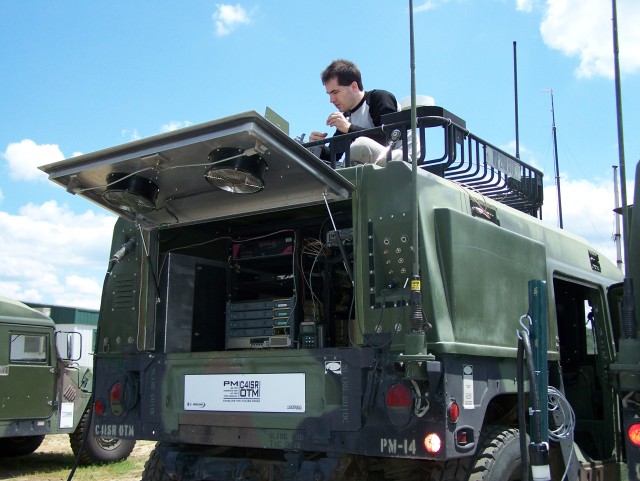

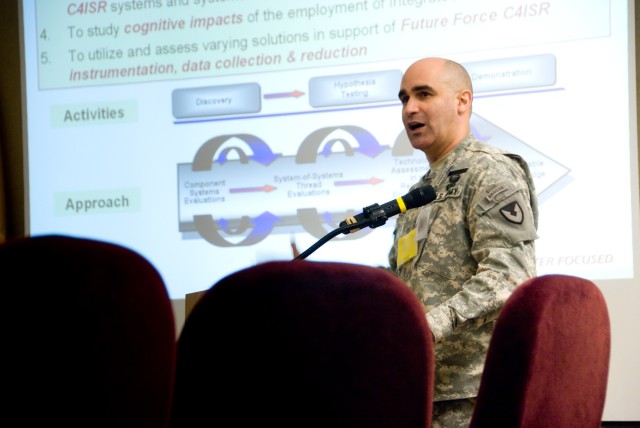

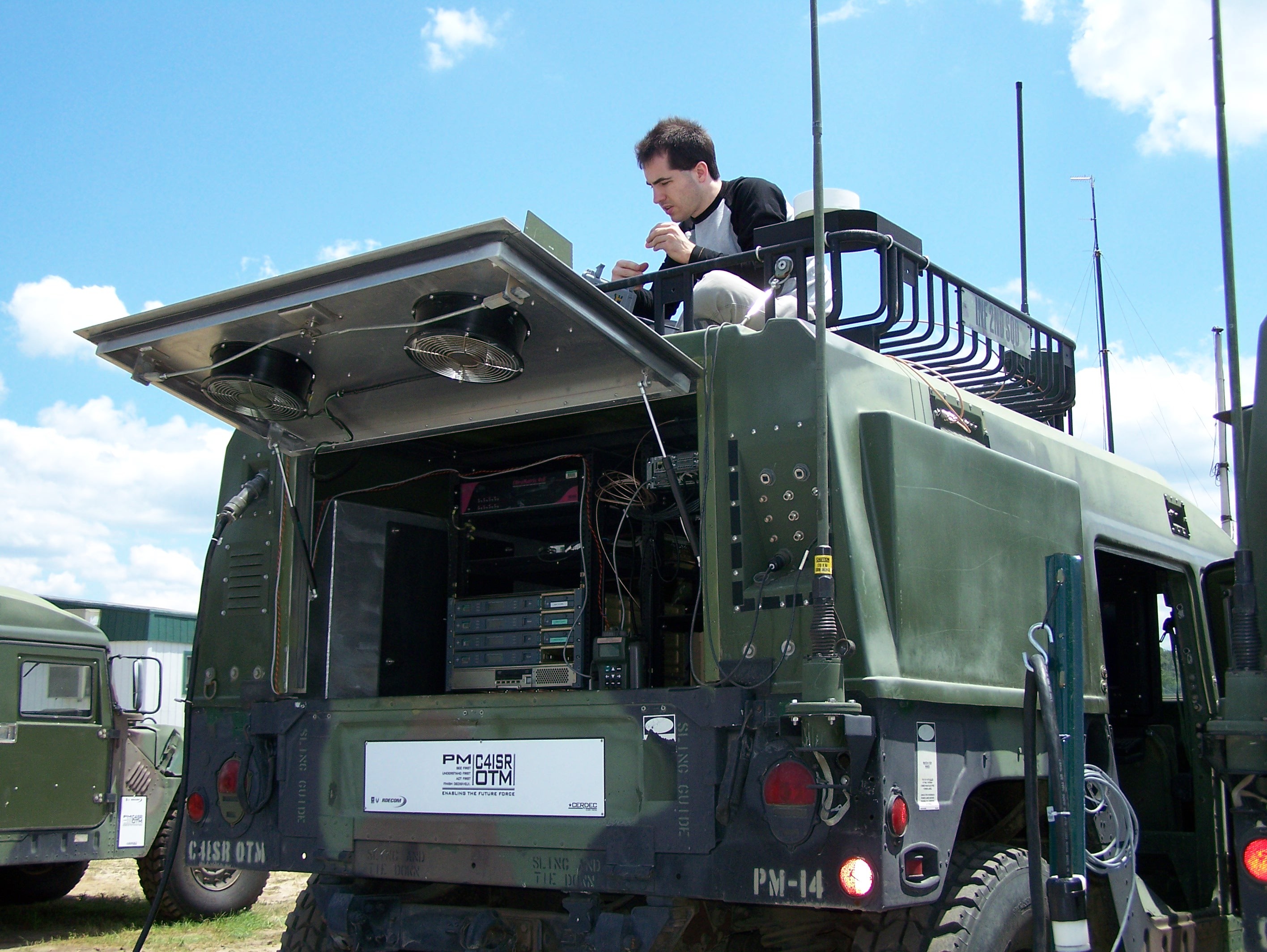
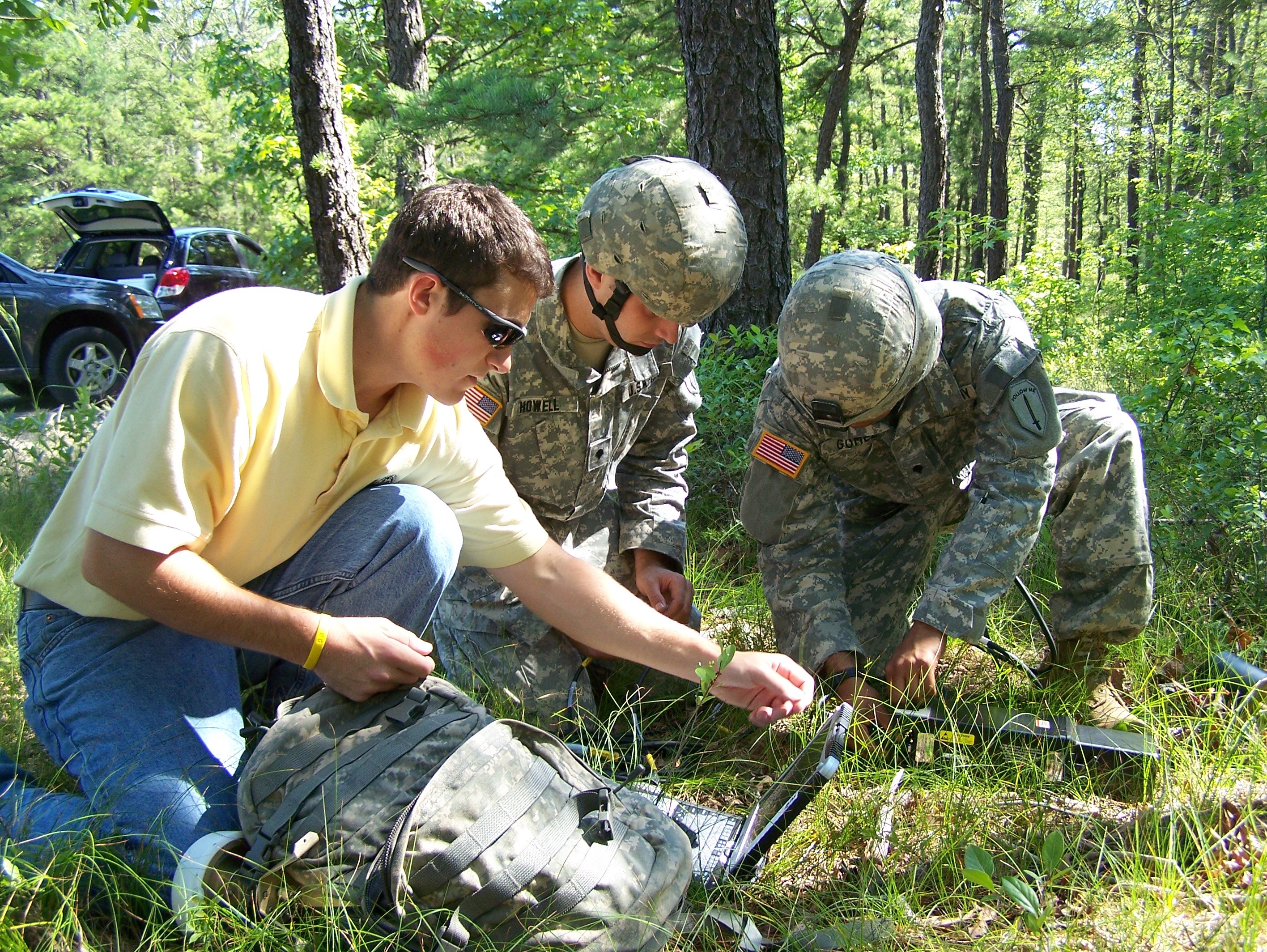
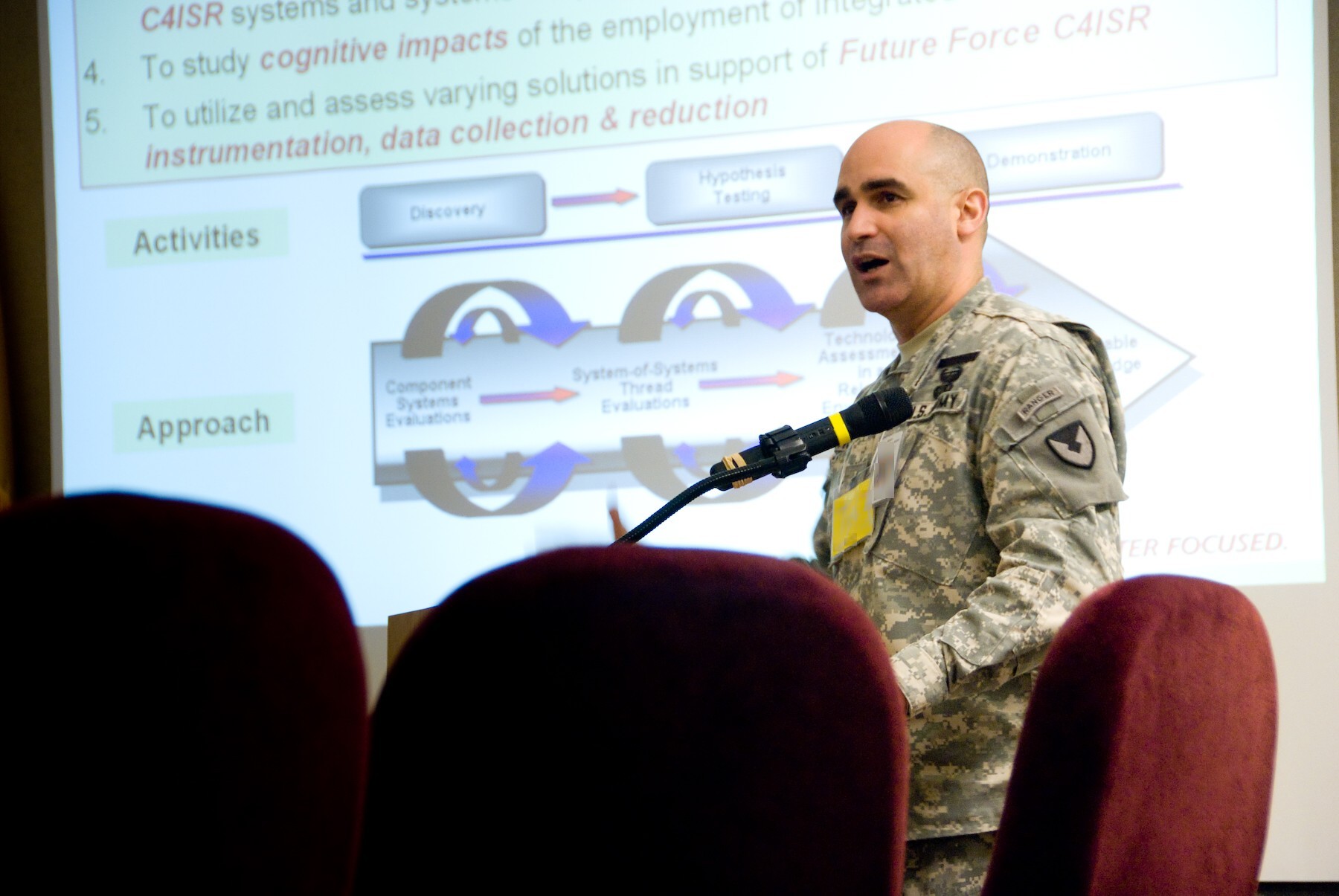
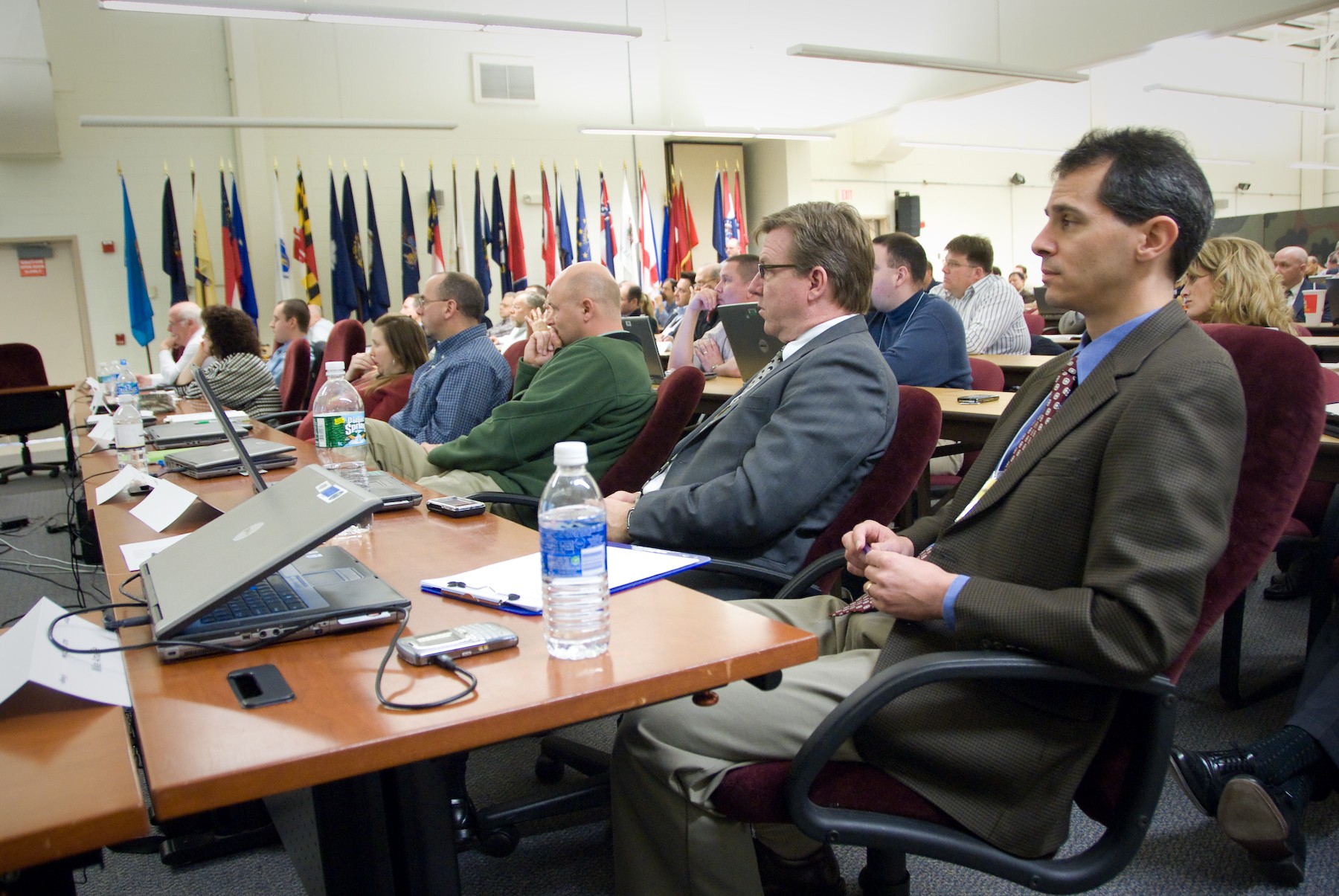
Social Sharing